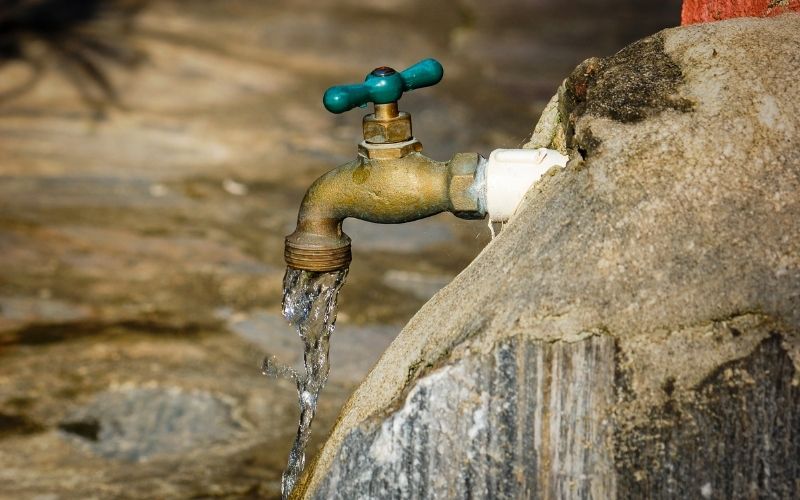When deciding which organic water conditioner to use in your garden, you want to be sure you’re giving your plants the most nutrients whilst reducing the number of harmful chemicals in the water by as much as possible. But how do you know what to look out for when comparing organic water softener brands and products? In the article below, we will explore the importance of treating your water and how to ensure that you choose the right option for your garden specifically.
What Is Organic Water Conditioner?
A water conditioner is a liquid that instantly neutralizes chemicals such as chlorine and chloramine when added to tap water. Used in higher amounts will also detoxify any heavy metals present. Typically you will find most water conditioners on the market are designed for use in aquariums and fish tanks. However, these tend to be suitable for use on houseplants and garden plants, too—and there are specific brands for plants only.
When you use an organic water conditioner, you can be assured that it was produced naturally and without pesticides, artificial fertilizers, or chemicals, so it will not be harmful to your plants.
Why Do I Need Organic Water Conditioner?
Impure Tap Water
If you live in a populated area, it is quite probably that water from your tap will contain substances like chlorine or chloramine due to the chemical water-treating process carried out by your local authorities.

These chemicals can cause several problems for your plants, including changing the pH levels of your soil and absorbing other nutrients which would otherwise be taken in by the plant. This results in yellowing of the leaves, known as chlorosis. Chlorinated tap water also kills important microorganisms in the soil, which can be toxic to indoor potted plants. However, outdoor plants and grass lawns may not suffer as much due to the rapid reproduction rates of microorganisms in an outdoor environment.
Organic Gardening
If you are gardening organically, you may be using additives such as Mykos, Mammoth P, or Biosys to ward off pathogens and strengthen roots with beneficial bacteria and fungi. These additives will not be as effective as the chemicals in your tap water may kill them off.
One great way to remove these harmful contaminants from your water is to install reverse osmosis (RO) water filter. This will produce safe drinking water for you and your plants and is the first choice for many gardeners around the globe due to its purified state.
However, if you do not have access to a reverse osmosis filtration system and need to water your plants, using a water conditioner liquid is a workaround.
Another popular way to nullify the chlorine in water is to let the water stand in a container for around a day. This should let it evaporate. However, many people do not realize that chloramine will remain inside the water and endanger your plants’ health.
How to Choose the Best Organic Water Conditioner
The organic water conditioner that is best for your plants depends on the pre-existing state of your tap water supply and the chemical levels within it. You can contact your local authorities to learn about the chemical process they use at the treatment plant. They should be able to inform you of the makeup of your tap water without issue—or you can find the information online or do a test yourself. Once you know what chemicals to expect in your tap water, you will look for a product that will remove them.
Read the product information to ensure that all ingredients are organically derived and that it is appropriate to use with the types and species of plants you have at home.
Most water conditioners are extremely highly concentrated, so you’ll only need a tiny drop mixed into a few liters of water, and you can happily continue your organic gardening.

